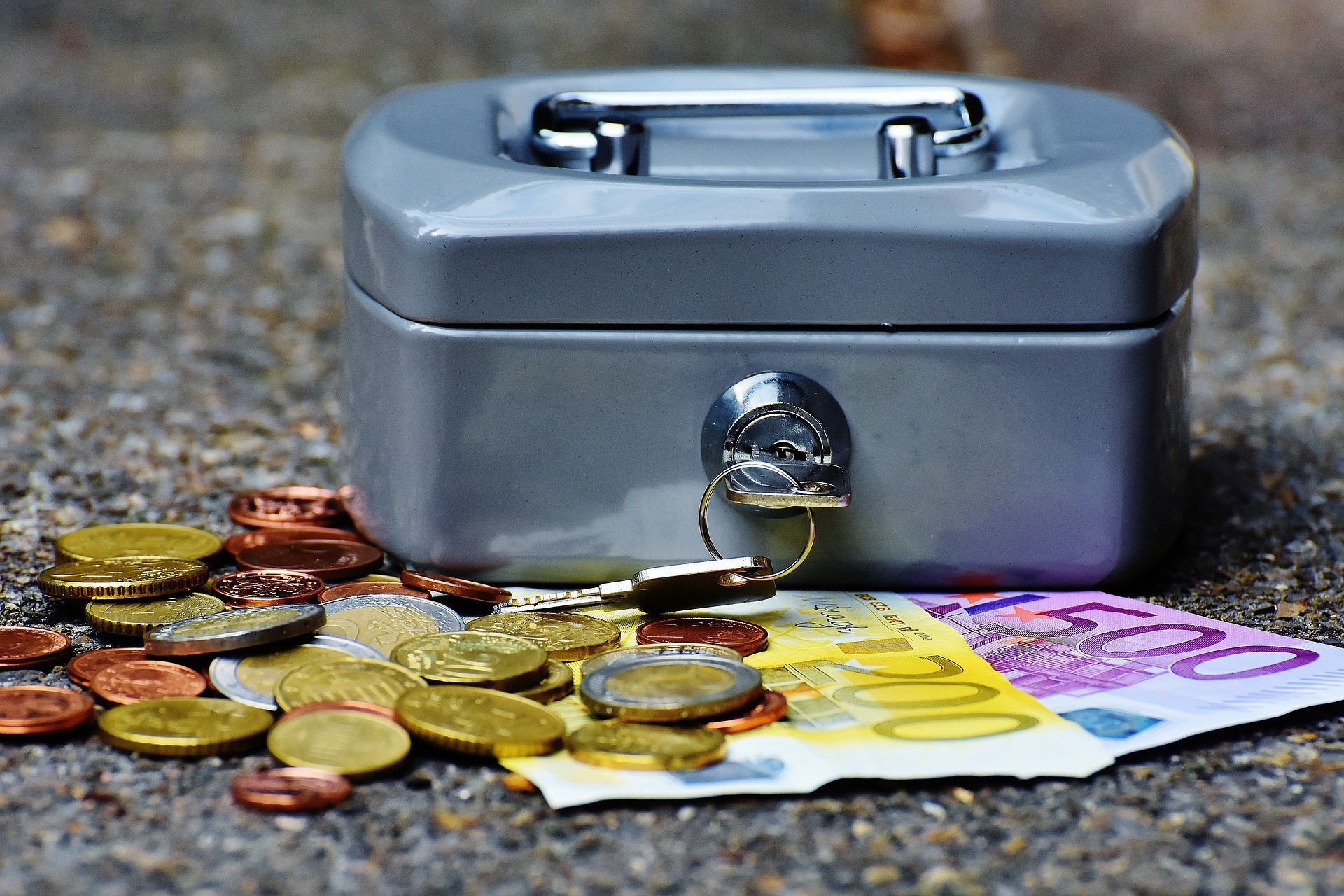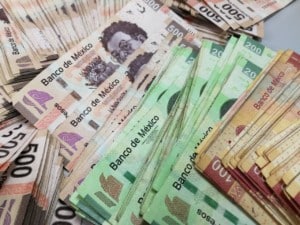A common question among economics and finance students and professionals is the difference between value and price. At first glance, common sense tells us that there is a difference, but it is often difficult to express it with arguments.
In economics, the market constantly proposes a difference between value and price. Markets are fundamental for conducting transactions, and their function is to determine the price of goods. But what happens when there is no market and we must determine the price of a good?
The market constantly proposes a difference between value and price.
En ese caso, se lleva a cabo un proceso de valoración que posteriormente, en el proceso de negociación, se convierte en un precio. Como dijo Warren Buffett, «el precio es lo que pagas y el valor es lo que recibes». La diferencia entre valor y precio es fundamental para entender las inversiones en los mercados financieros.
Most owners and managers of medium-sized private businesses (both family-owned and non-family-owned) operate day-to-day without a clear understanding of the difference between price and value. Unlike their counterparts that trade on the stock exchange, they do not have the benefit of daily automatic valuation based on the price of shares, nor do they have teams of corporate strategy executives prepared to analyze value creation.
Many leaders of medium-sized companies also see third-party valuations as complicated, time-consuming, intrusive, and costly. Therefore, they only carry them out when necessary, for example, when seeking capital for growth. If you are the owner or manager of a medium-sized company, it is imperative that you conduct a detailed valuation at least once a year.
This could prevent you from spending precious resources on attracting the wrong customers, trying to grow areas of your business that are inevitably in decline, and not recognizing and investing in your areas of greatest opportunity. In addition, if approached by a buyer interested in acquiring your company, you will be prepared to respond and negotiate. The authors present an easier and more accessible method for valuing your company.
Markets are constantly valuing goods and arriving at prices, while analysts are constantly valuing investments and arriving at values.
Difference between value and price
En el contexto de la economía (la diferencia entre valor y precio)y las finanzas, el término «valor» se refiere a la utilidad o importancia que se le atribuye a un bien o servicio. Este valor puede ser subjetivo y estar determinado por la percepción individual de cada persona, o bien puede ser objetivo y estar determinado por factores como la oferta y la demanda, los costos de producción, la calidad del bien, entre otros.
El término «valor» se refiere a la utilidad o importancia que se le atribuye a un bien o servicio.
- In general, value is expressed in monetary terms, such as the price at which the good or service is sold in the market. However, value can also be non-monetary, as in the case of personal use goods that have sentimental or emotional value for the owner.
It is important to note that value (the difference between value and price) can vary over time and in different situations, and that its determination is fundamental in the decision-making of economic agents, such as consumers, producers, and investors.
The price refers to the monetary value assigned to a good or service in the market, that is, the amount of money that must be paid to acquire it.
- Price refers to the monetary value assigned to a good or service in the market, that is, the amount of money that must be paid to acquire it.
- Price is determined by various factors, including the supply and demand of the good or service, production costs, competition, and other external factors such as government regulations, economic fluctuations, and changes in consumer preferences. Price is a key factor in the decision-making of economic agents, as it influences the amount of goods or services that are bought or sold. In some cases, the price can be used as an indicator of the quality or perceived value of the good or service, although in other cases, the price may not fully reflect these factors.
In conclusion
El resumen, la diferencia entre valor y precio en el contexto de la economía y las finanzas. Aunque a menudo se utilizan indistintamente, el valor se refiere a la utilidad o importancia que se le atribuye a un bien o servicio, mientras que el precio se refiere al valor monetario asignado a un bien o servicio en el mercado.
En ausencia de un mercado, se realiza un proceso de valoración para determinar el valor de un bien, que luego se convierte en precio durante la negociación. La determinación del valor es fundamental en la toma de decisiones económicas, como la inversión y la gestión empresarial, y puede ser subjetivo u objetivo. Los factores que influyen en el precio incluyen la oferta y la demanda, los costos de producción, la competencia y otros factores externos.
PDV-a assists you with your corporate finance advisory needs PDVa Value to businesso
References
https://akademiun.com | https://avacum.com | https://hbr.org
Casos de estudio
Difference between value and price: Do You Know How Much Your Business Is Worth?




Leave A Comment